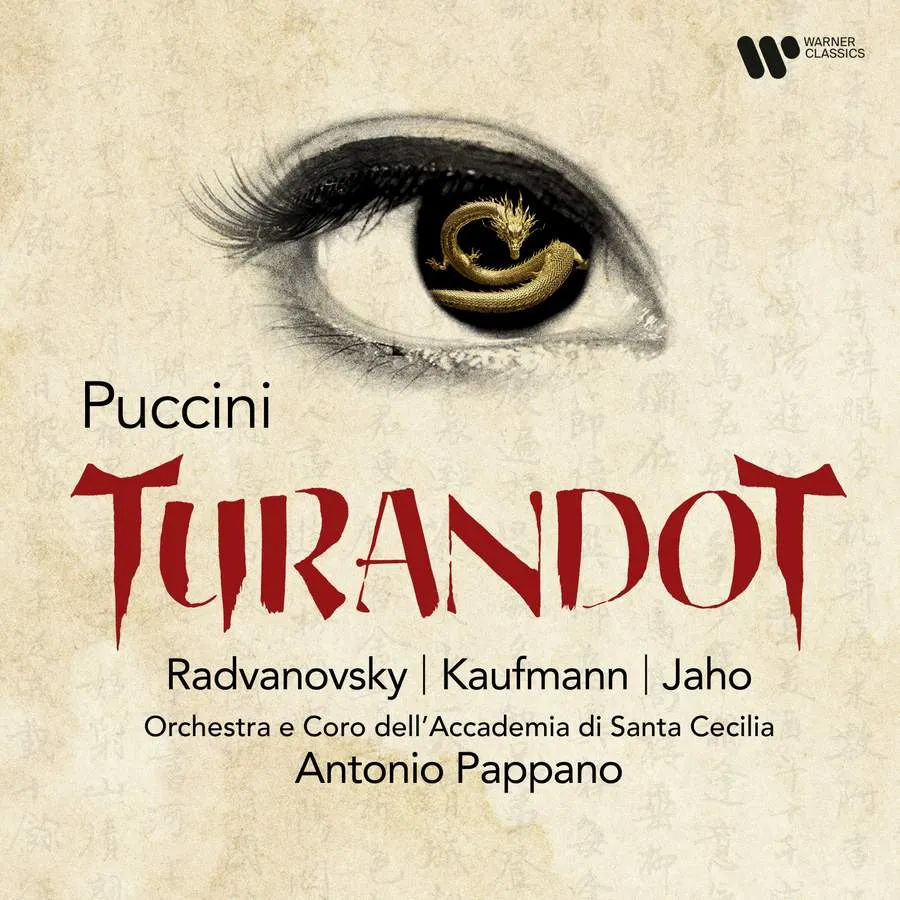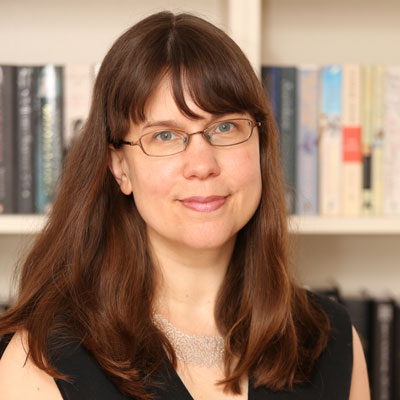
Puccini Turandot Sondra Radvanovsky, Jonas Kaufmann, Ermonela Jaho, Michele Pertusi, Michael Spyres, Mattia Olivieri, Gregory Bonfatti, Siyabonga Maqungo; Orchestra e Coro dell’Accademia Nazionale di Santa Cecilia/Antonio Pappano Warner Classics 5419740659 128:29 mins (2 discs)
Big-budget studio recordings of standard repertoire operas for which there are multiple alternative offerings are now a rarity, the preserve of megawatt star casts. Warner Classics has assembled just such a line-up for its new Turandot, headed by Sondra Radvanovsky, Jonas Kaufmann and Ermonela Jaho. There is even some luxurious casting in the minor roles – Michael Spyres as the Emperor of China, no less – and to have Antonio Pappano at the helm, conducting the Santa Cecilia orchestra, rounds off a sumptuous package.
The recording is distinctive in being the first to use Franco Alfano’s original ending, which was later cut down at Toscanini’s behest. It is hard to argue that Alfano’s music (in either of the two versions) is anything other than markedly inferior to the rest of Puccini’s score; nevertheless, it is interesting to hear the opera as it was presented to audiences in 1926. They would not, of course, have heard it with the extreme social distancing forced upon this cast and orchestra by Covid restrictions but happily an apparent problem has been turned into something of an asset. The resulting sound quality has a sense of expansiveness that seems rather fitting for Puccini’s least-intimate opera, a work set mainly in piazzas, courtyards and gardens.
Surprisingly, all the headline names in this venture are coming to the opera for the first time, with the exception of Jaho, a superlative interpreter of Puccini’s most heart-rending roles. Her Liù does not disappoint in its mix of poise and vulnerability and its sheer vocal beauty; the character’s death revolts us as vividly as if we were seeing it depicted on stage. Radvanovsky and Kaufmann make thrilling antagonists, their confrontations heady and visceral. Determined at the outset, almost kitten-like at the end, Radvanovsky uses considered vocal inflection to bring psychological credibility to a notoriously ‘robotic’ role, her voice bright-toned and never heavy or steely. Kaufmann’s muscular, mature Calaf will no doubt delight his fans, though his interpretation lacks the Italianate brightness some listeners will require from the role. (I would, for instance, look elsewhere for my ideal ‘Nessun Dorma’.)
Pappano writes in the sleeve notes of having purposefully avoided conducting what is arguably Puccini’s most problematic work in the theatre in the past. (He is conducting it at the Royal Opera House, Covent Garden at the time of writing, the experience of recording the opera apparently having made him a convert to the piece.) The interpretation captured here offers all the passion and intelligence we would expect from this celebrated Puccinian: the rhythmic detail is electrifying, the conductor’s deep understanding of Puccini the symphonist mesmerising. Turandot is an opera that displays its composer in starkly contrasting guises – as both sentimentalist and sadist, with deliberately unnerving shifts between the two modes. It is the attention Pappano pays to crafting the contrasts between passages of intense sensuality and of mechanistic brutality, casting new light on a familiar score in the process, which really makes this a major recording event.
Alexandra Wilson
